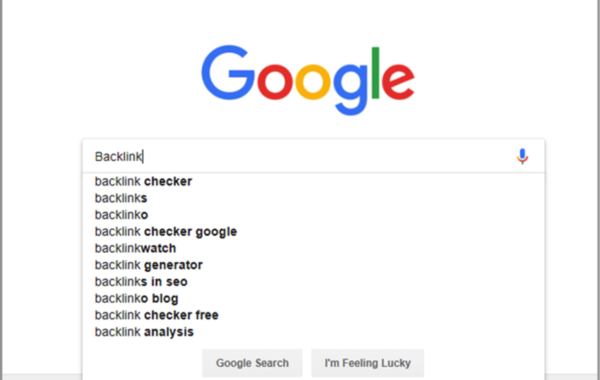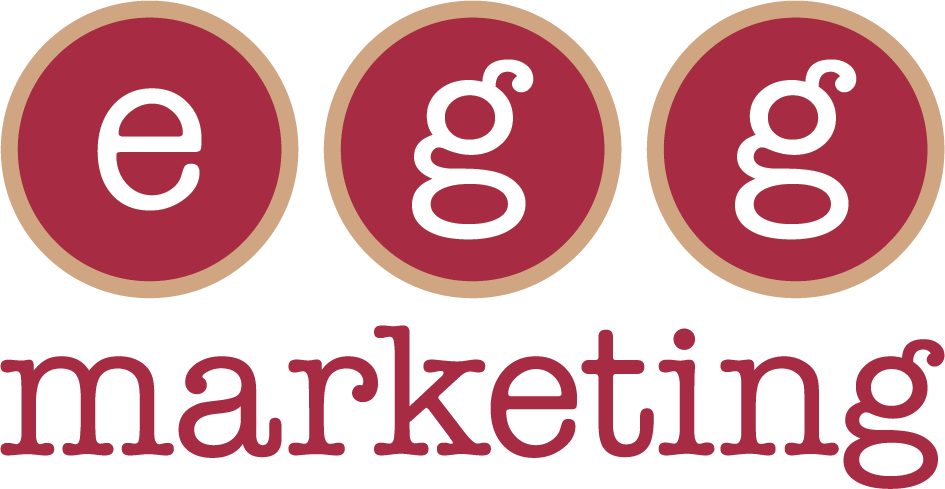
The Complete SEO Audit Checklist
When you invest your energy and hard-earned money into working with the best SEO strategies for your business, how will you know if they’re promoting the desired result or not?
An SEO Audit is the answer. It’s simply the best way to analyse your SEO strategies.
As a result of the world of SEO being extremely dynamic in nature, the SEO strategies that work now might turn out to not be useful six months from now. Ranking algorithms are frequently updated by Google and other search engines, and so, an SEO audit will help you stay well informed and updated about the changes.
SEO audits should be conducted at least twice in a year. This will certainly help to ensure that your website is up-to-date with the latest developments in SEO. Various SEO audit tools can be used to perform an SEO audit and improve your search engine rankings.
Below are the aspects of SEO you need to audit.
Technical Audit Checklist
A technical SEO audit is very vital because it can improve your search engine rankings. The components of technical SEO that are needed to be considered in your SEO audit are;
Create a mobile-friendly site
Google introduced the mobile first index this year. . This means that your website might not rank well, if it’s not responsive to mobile devices. So, you need to ensure a mobile-friendly design is developed for your website.
With Google’s new Mobile-Friendly Test tool, you can always check if your website is mobile-friendly or not. Typing in your website or web page URL to get a clear “yes” or “no” answer is all you need to do. If your website does not pass this test, the tool will provide relevant information on how you can rectify the issue.
Fix broken links
Having broken links on your website or web pages will directly impact the user experience negatively. This will also have a negative impact on your rankings.
So, in order to avoid this, you need to identify any broken links on your website and then fix them with valid links to improve your search engine rankings. The Check My Links Extension for Google Chrome can be used. It helps with finding broken links quite efficiently.
Secure your site with HTTPS
If you still have not moved your website from HTTP to HTTPS and secured your website, it’s important that you do so now. This is because HTTPS was introduced by Google as one of their search ranking factors in 2014.
Keep in mind that there is a clear coneection between your search engine rankings and HTTPS. 50% of web page results on the first page of Google’s search results are HTTPS. So it’s very important to change your website from HTTP to HTTPS to improve your search engine rankings.
Image Source: Moz.com
On-Page SEO Audit Checklist
Asides the technical SEO components, there is the need for you to also focus on an on-page SEO audit. Here are some ways to optimize your content by using an on-page SEO audit.
Use short URLs
Use short URLs whenever possible. This is because a much better understanding of your web pages and the topics you’ve covered is given to Google by short URLs. Nearly 1 million Google search results were analysed by Backlinko and they found that short URLs help to rank better when compared to long URLs.
Long URLs might also point to web pages that are too many clicks away from the homepage. This can result to that particular web page having a low authority which will cause a poor search engine rankings.
Use your keyword in the title tag
There is also the need to ensure your focus keyword is added in your title tag. However, figuring out where to add the keyword in the title tag can be confusing. It’s always best to add the keyword at the beginning of your title tag.
Use the focus keyword in the first 150 words
The most important part of your post for Google is the first 150 words. So, it is important that in the first 150 words of your post, you use your focus keyword, at least once.
Use your keyword in H1, H2, or H3 tags
Apart from the title tag, using the main keyword in your H1, H2, and/or H3 title tags is also important. However, ensure you use the main keyword wherever it’s relevant.
Keyword Research Audit Checklist
A very important element of SEO is Keyword research. The checklist below will help you identify the right keywords for your content.
Identify low competition keywords
Using a lot of common keywords, might affect your search engine rankings negatively. This is because it becomes almost impossible to rank them as too many people might be using those keywords too.
This is the reason why unique keywords, which have low competition, need to be found and used. This will improve your search engine rankings. You can use various tools like SEMrush or KWFinder to identify low competition keywords.
Image Source – KWFinder
Discover solid keywords in the Google Keyword Planner
You can also use the Google Keyword Planner. It’s a free tool from Google that helps you explore and identify the best keywords for your business.
This tool is designed specifically for Google AdWords. However, due to the fact that the data is generated from Google, which produces accurate results, it can still be useful for keyword research.
Find long-tail keywords with “Google Suggest”
With the help of Google Suggest, you can discover long-tail keywords. What you need to do is type in the first keyword in the search bar without hitting enter or the Google Search button. After that is done, you can go through different keywords that Google shows you.
These keywords come straight from Google, which simply means that people are using these keywords to search. This points out that these keywords carry great potential for your website.
Final thoughts
It is very important to consider the SEO components mentioned above when you conduct an SEO audit. And if this checklist is followed, an improvement in your organic traffic and in your search engine rankings will be witnessed.
Do you know of any other SEO elements to put into consideration for an SEO audit? If so, you’re welcome to share your thoughts in the comments.
Author Bio:
Jamie FitzHenry is the founder of Grizzly, a Bristol based digital agency focussing on helping businesses enhance their online presence.



